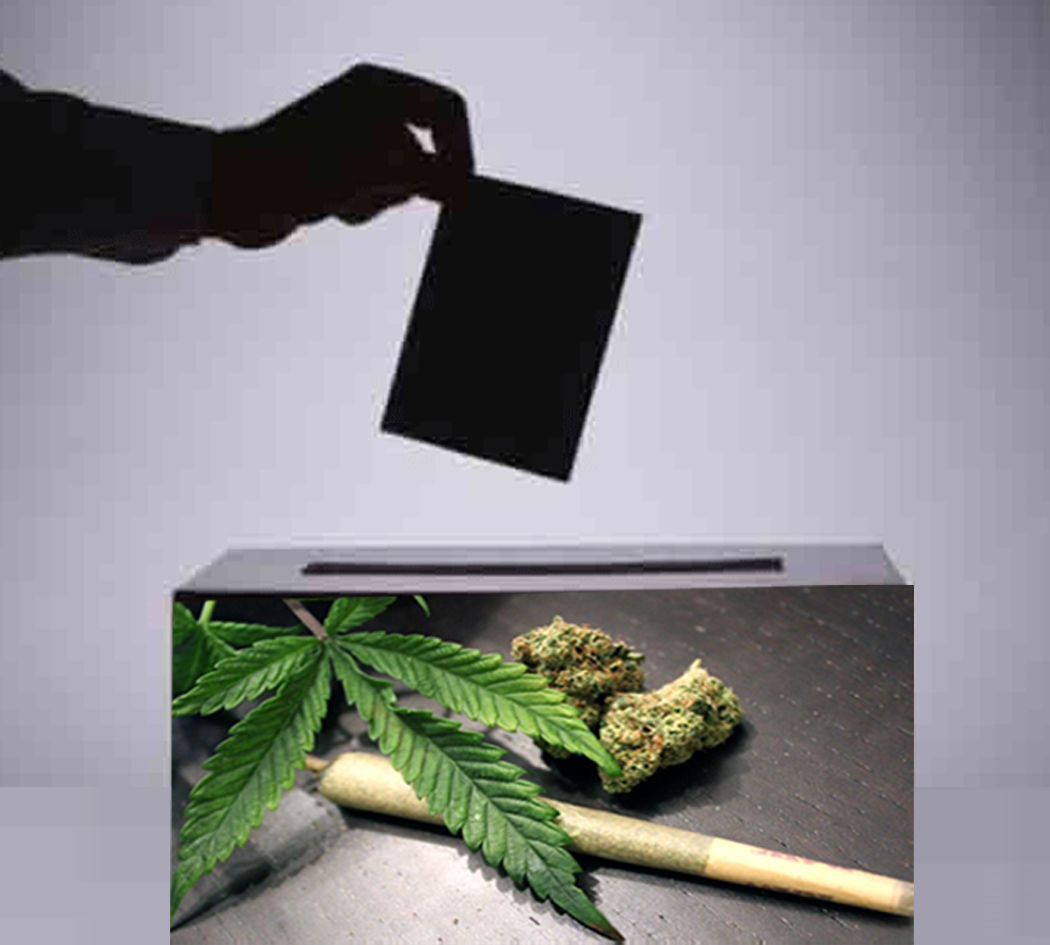BELIZE CITY, Thurs. July 28, 2022 Prime Minister Hon. John Briceño in an interview yesterday said that during a meeting between members of government and the church’s representatives, a decision was made to postpone the holding of a referendum on marijuana legalization until certain aspects of the legislation that are a cause for concern can be addressed—including matters pertaining to the impact of the rollout of a proposed cannabis industry on correspondent banking relations in the country.
They plan to revise the piece of legislation—the Cannabis and Industrial Hemp Control and Licensing Bill of 2022 – that has been passed in the House and Senate to include a provision that stipulates that a referendum must take place before the law is enacted. The Prime Minister noted that concerns of various entities, including the Banking Association, had been relayed to Minister of State in the Ministry of Finance, Hon. Chris Coye in a meeting, and those concerns are being taken into consideration by the government and have prompted the administration to put a pause on a process that was heading at a speedy pace toward cannabis legalization in the nation.
Last Friday, Pastor Louis Wade, spokesperson for the Coalition of Churches in their effort to oppose marijuana legalization and to have a referendum held on the issue, said that he would be attending a meeting that was scheduled to take place between the government and church reps on the way forward in regard to the referendum, and it is appearing that the current pause on the process is a result of what was discussed in that meeting.
A Cabinet brief released today stated, “The Deputy Prime Minister and the Minister responsible for Religious Affairs reported to Cabinet about their successful meeting with church leaders, during which they discussed the matter of holding a referendum on the legalization of cannabis. After learning of the outcome of the meeting, Cabinet accepted the recommendation to defer the referendum until further notice and to make the necessary amendments to the Cannabis legislation to ensure that the bill will only be enacted into law after the holding of the referendum.”
The Prime Minister has also noted that concerns expressed by the banks about the operation of a cash-based cannabis industry in the country and the possible impact on international correspondent banking relations will have to be addressed before the rollout of a cannabis industry can take place.
“A few weeks ago, Minister Coye, in a meeting with the Banking Association, they were raising some concerns. They said, ‘listen, if we legalize this, in the United States, federally, it is still an illegal substance. And it could affect the corresponding banking relationships that they have. So they were asking if we could put a pause on it until we could address this issue. So, that is why we had it on pause because we have to address this issue,” PM Briceño said.
He further stated that those aspects of legalization must be addressed before a referendum is held.
Notably, Minister of New Growth Industries, Hon. Kareem Musa, who has been spearheading the process of legalizing cannabis, recently pointed out that the local marijuana industry would be a cash-based enterprise.
At this time, in countries such as Jamaica, where a legal cannabis industry is already in operation, transactions related to that enterprise are all cash-based. In the United States, marijuana is still federally illegal, and thus funds derived from the production/sale of marijuana are not accepted by US banks.
Just two days ago, US Senate majority leader, Chuck Schumer (D- NY) introduced measures to push forward the marijuana banking bill, which is seen as the means of addressing the “hurdle” that must be overcome to make it possible for proceeds from marijuana enterprises to be handled by the banking sector. The Secure and Fair Enforcement (SAFE) Banking Act has been passed in the House at least 7 times in some form, reports say, but it has stalled in the Senate.
Rep. Ed. Perlmutter has been the leading legislator pushing for the marijuana banking bill to cross the finish line. He believes that a wide- ranging legalization bill is the clearest path to full legalization.
“I think we may have just overcome our hurdle last week to getting this passed,” Perlmutter said in an interview with KOA NewsRadio in Denver earlier this week.
In Belize, Prime Minister Briceño said that the country is also trying to find a way to address the issue and told 7News that until marijuana is federally legal in the US, a cash-based industry or one which uses a community bank with no corresponding banking relations would have to be utilized. Despite these holdups, which are likely to stall the implementation of the bill in Belize for some time, he said that currently the greatest concern is the high cost of the marijuana referendum—which will reportedly carry a $5 million price tag.
Of note, just about a week is remaining of the 30-day period within which the Governor General, Dame Froyla Tzalam was to have issued a Writ of Referendum, after it was certified that the churches had garnered the requisite number of signatures of voters to trigger such a referendum, but all indications at this time are that the parties have agreed to put a pause on the process.

